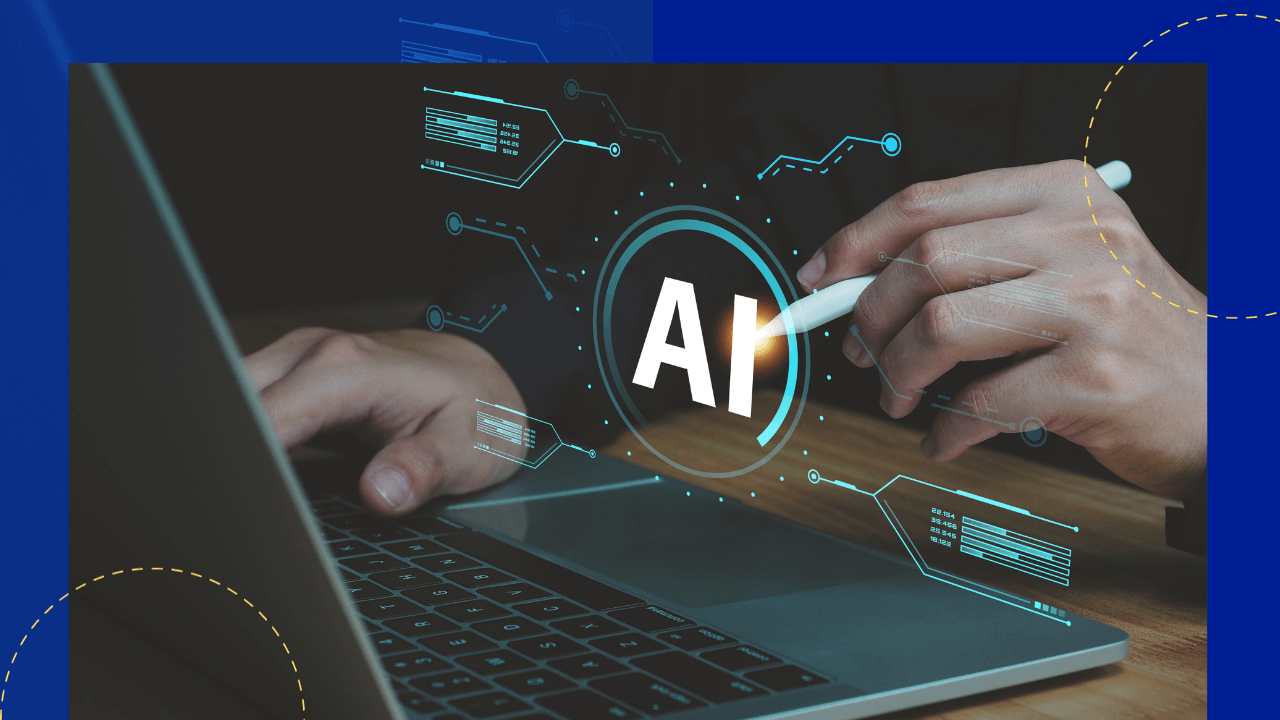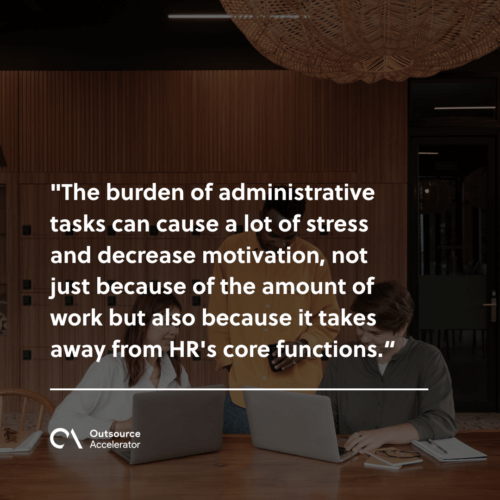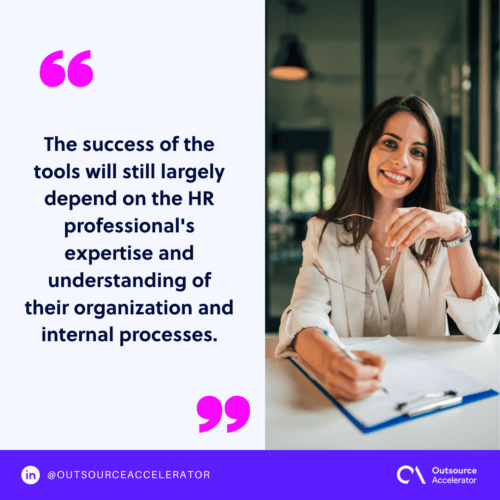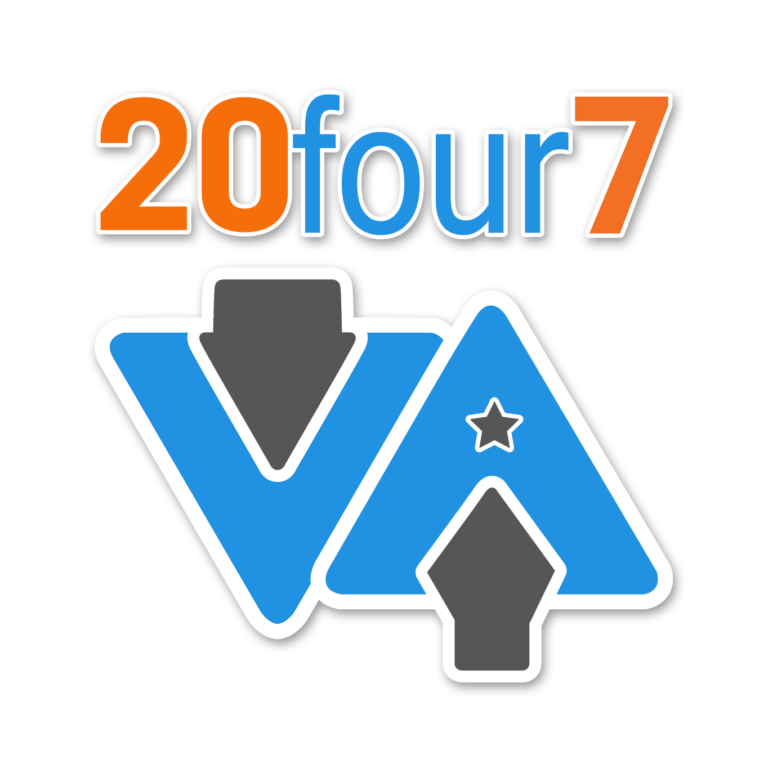How ChatGPT can assist HR in the recruitment process

This article is a submission by 20four7VA. 20four7VA is a trusted remote hiring company specializing in cost-effective, end-to-end offshore contract staffing solutions to all businesses worldwide.
Anyone familiar with the recruitment process knows it’s no cakewalk.
Plenty of legwork and decisions go into acquiring the right organizational talent. The process can take weeks or months, from creating a job ad to extending a job offer.
The lengthy process, admin-heavy workload, and pressure from internal clients can also take a toll on HR professionals.
Fortunately, modern tools have made keeping up with demanding work more manageable. An example of such tools that can significantly impact organizations — including Human Resources — is generative AI.
Perhaps one of the most popular generative AI tools out there is ChatGPT.
Developed by OpenAI, this language model can help users do almost everything, including composing emails and writing code. When it was first launched, even up to now, there is still some apprehension about using this AI tool for professional use.
But when used responsibly and with the right mindset, it can augment the skills of HR experts and support the creation of a more innovative and strategic Human Resources department.
Generative AI’s potential impact on HR
The positive impact of generative AI tools like ChatGPT includes the following:
Make the administrative workload more manageable
Admin work may seem routine and easy, but too much can take up plenty of time. The burden of administrative tasks can cause a lot of stress and decrease motivation, not just because of the amount of work but also because it takes away from HR’s core functions.

Scale up while saving on costs
Because generative AI tools can help considerably cut down time spent on admin work, it can mean the HR team can take on other tasks.
They’ll have more time to check off more tasks on their to-do lists without requiring new resources. With AI, HR teams can now scale up operations without spending extra on new tech or headcount.
Reignite motivation of HR
It’s unlikely that HR specialists went into this specific field to do endless admin tasks. Most enter HR for more rewarding reasons like effecting organizational change and the potential to impact others’ careers positively.
But the reality is that most teams have less time for the strategic side of HR because of low-impact but time-consuming routine work.
While it’s not a magic potion, ChatGPT can help reignite HR professionals’ passion by lessening the burden of routine activities. This tool can clear up space for more strategic and creative thinking when used well.
Reduce HR burnout
Reports show that burnout is widespread in HR. Many factors contribute to this, from too many projects to the stress of keeping other departments engaged despite being understaffed.
Of course, Generative AI, or any kind of tech for that matter, is not a substitute for real-life HR staff and won’t completely solve the understaffing problem. But it can help lessen the stress by assisting with repetitive tasks like admin work and crafting templates.
By adopting the right tools and providing the proper training on how to use them, organizations can provide the support HR teams need to work sustainably and avoid burnout.
How ChatGPT can help with recruitment
ChatGPT can help your internal team with the talent acquisition process. With effective prompts, ChatGPT’s output can improve two of the main parts of the recruitment process:
Crafting routine messaging
Having clear messaging can make the recruitment phase more effective. ChatGPT can be used to compose the routine communication used by talent acquisition experts, including:
- Job ads
- Email templates (e.g., interview scheduling, assessment invites, and application updates)
- Job offer templates
- Onboarding forms
Well-crafted messaging helps ensure you find the best person for the position. It can also improve the candidate experience and build a stronger employer brand.
But crafting messages can be quite time-consuming. ChatGPT can compose routine communications so that HR staff can act as the editor and researcher.
Creation of interview questions
Asking the right interview questions can help recruiters assess skills and qualities. They have a better chance of uncovering whether or not the candidate is the right fit for the role.
But crafting customized interview questions can be challenging when there’s a busy hiring season or an understaffed HR team. That’s when ChatGPT comes in.
HR leads and recruiting managers can take advantage of the generative AI tool’s ability to pull in information from a large variety of sources.
To help craft role-specific interview questions, users just need to help the tool understand what they’re looking for. Important information should include defining the role and identifying the skills and qualifications, to name a few.
Important considerations when using ChatGPT
Understanding that generative AI and other modern tools aren’t meant to replace people is crucial. Human oversight is still a must for these tools to be effective.
The success of the tools will still largely depend on the HR professional’s expertise and understanding of their organization and internal processes.
Whenever employees use external tools, it’s important to practice diligence. This means not adding confidential information in prompts.
It also means fact-checking and proofreading the tool’s output. Users must still be responsible for ensuring the accuracy and reliability of the information and messaging they use.

Boost recruitment process with ChatGPT
In an increasingly demanding and highly competitive business landscape, the right tools can help empower organizations and help them stay ahead.
Be open to trying new tech to help you work smarter, not harder. Doing so will help increase productivity and open up new opportunities for teams.
It can also contribute to sustainable growth, reducing the risk of burnout while scaling up operations.
By using ChatGPT for administrative work and recruitment, HR teams can free up space in both their calendars and minds. They will feel more engaged and have more opportunities to work towards a more strategic and people-centric HR.







 Independent
Independent




